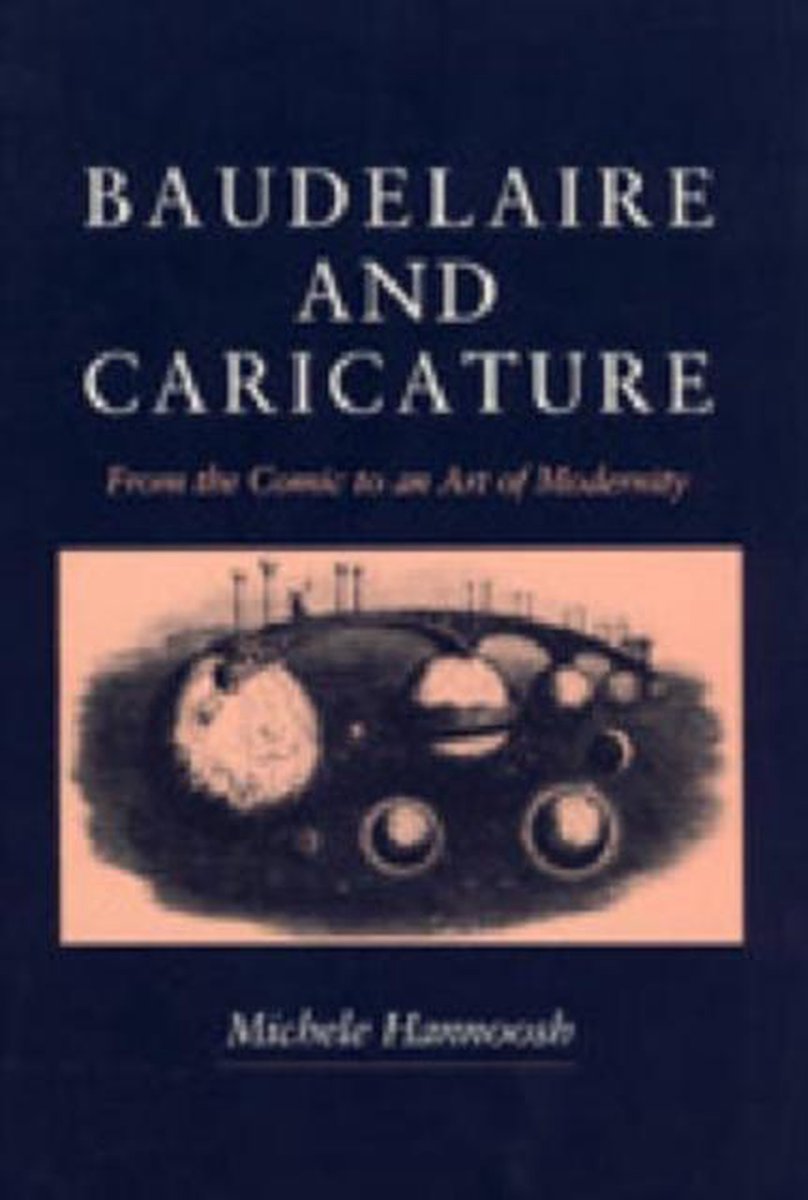Baudelaire and Caricature
From the Comic to the Art of Modernity
Maak tweedehands je eerste keus
- Alle boeken zijn met de hand gecontroleerd
- 30 dagen retourgarantie
- Gratis verzending vanaf 4 boeken of 40 euro
- Op werkdagen voor 15:00 besteld, dezelfde dag verzonden
Sorry, niet op voorraad
ISBN
9780271008042
Bindwijze
Hardcover
Taal
Engels
Auteur
Uitgeverij
Pennsylvania State University Press
Jaar van uitgifte
1992
Aantal pagina’s
352
Waar gaat het over?
Lees verder
Recensies
Eenvoudig en veilig inloggen

